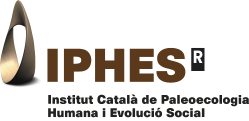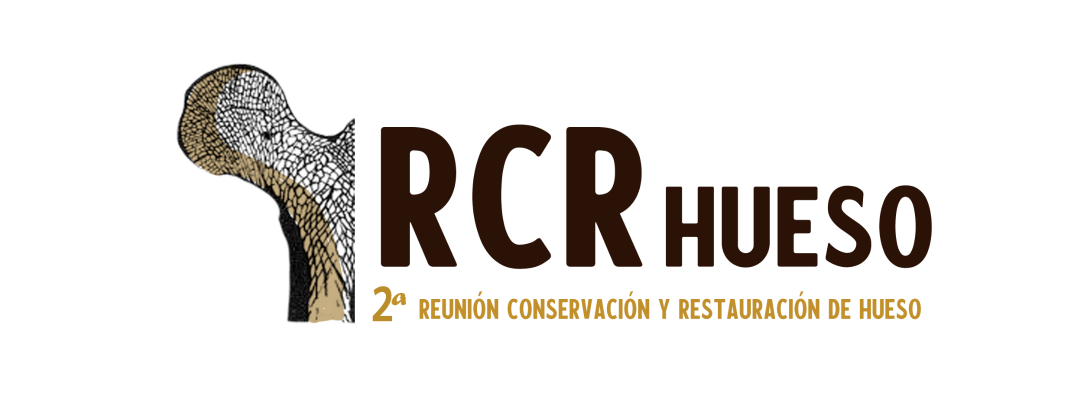News
Un estudi sobre els humans de la necròpoli de la Cova des Pas aporta noves dades sobre els hàbits alimentaris i l’organització social a les illes Balears en l’edat del bronze
Investigadors de diverses institucions espanyoles han reconstruït la dieta de mig centenar d’individus d’aquest jaciment menorquí de fa més 3.000 anys.
Les excavacions a la Balma de la Griera (Calafell) demostren que el jaciment va ser ocupat pels neandertals durant més de 100.000 anys
Tarragona, 13 gener de 2023. Entre els dies 23 de novembre i 15 de desembre s’ha dut a terme una nova campanya d’excavacions a la Balma de la Griera (o Graiera) de Calafell, sota la direcció de Juan Ignacio Morales, investigador postdoctoral Maria
L’excavació al jaciment de Cantacorbs (Rojals-Montblanc) permetrà datar les ocupacions neolítiques a les muntanyes de Prades
S’han recuperat també abundants restes d’eines de pedra i ceràmica.
L’Eudald Carbonell ha ofert aquest divendres la seva darrera classe a la URV
El catedràtic de Prehistòria es jubila després de 34 anys dedicats a la docència
L’IPHES incorpora a cinc nous tècnics i tècniques de suport a la recerca gràcies al Programa Investigo
Tarragona, 19 de desembre de 2022.
Deborah Barsky: “conèixer el nostre passat ens ajudaria a rectificar la nostra trajectòria cap al futur”
La investigadora acaba de publicar un llibre en el qual analitza la importància de conèixer la Prehistòria per entendre la condició humana en el món globalitzat actual
Es publica un llibre monogràfic sobre la cova de El Mirador d’Atapuerca
29 disciplines integren els estudis transdisciplinars realitzats per membres de l'equip de recerca d'aquest jaciment
RCR Hueso – II Reunión on-line sobre Conservación y Restauración de Hueso
RCR Hueso – II Reunión on-line sobre Conservación y Restauración de Hueso (14, 15 y 16 de Noviembre de 2023)Troben restes d'elefants de més de 13.000 anys a Xile y primeres evidències d’ocupació humana a Amèrica del Sud
Un equip científic xilè-espanyol posa al descobert restes fòssils de gonfoterios, parents extingits dels elefants actuals, a prop del Llac Taguatagua, a Xile Central
25N: L’IPHES-CERCA amb el Dia Internacional per a l’Eliminació de la Violència contra les Dones
En motiu del Dia Internacional per a l’Eliminació de la Violència contra les Dones


